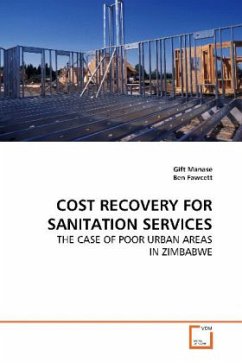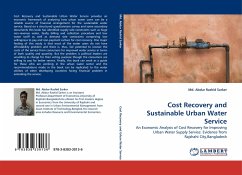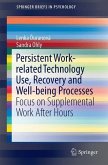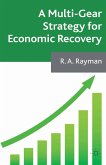This book tackles the complex issue of financing sanitation services in poor urban areas. Almost half of the world s population is living in urban areas and between 40 and 60 percent of them live in informal settlements with inadequate or no sanitation facilities. With rapid urbanization, sanitation problems in cities of developing countries are expected to be critical. Poor cost recovery has long since been identified as one of the major causes of failure of sanitation programs. Therefore, approaches such as the strategic sanitation approach emphasize full cost recovery in urban areas. However, poor sanitation is both a symptom and cause of poverty. There is need therefore, to cushion the urban poor from potential negative effects of full cost recovery policies. This book explores ways through which cost and willingness to pay information could be used to set tariffs which improve cost recovery, without denying the urban poor access to basic sanitation services based on experiences from Zimbabwe. Applicability of demand assessments methods such as the Contingent Valuation Method (CVM) is also assessed in this book
Bitte wählen Sie Ihr Anliegen aus.
Rechnungen
Retourenschein anfordern
Bestellstatus
Storno








